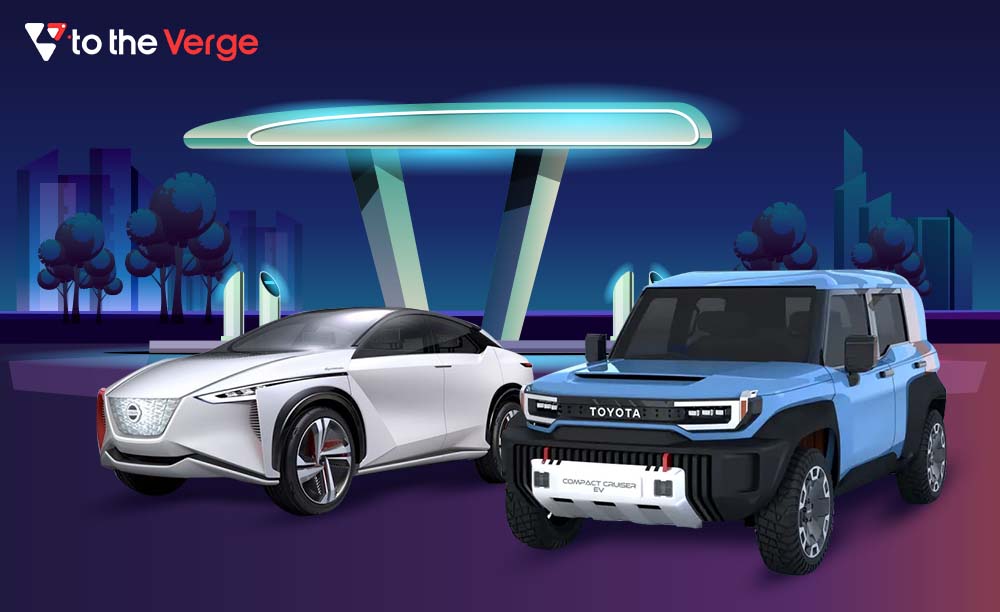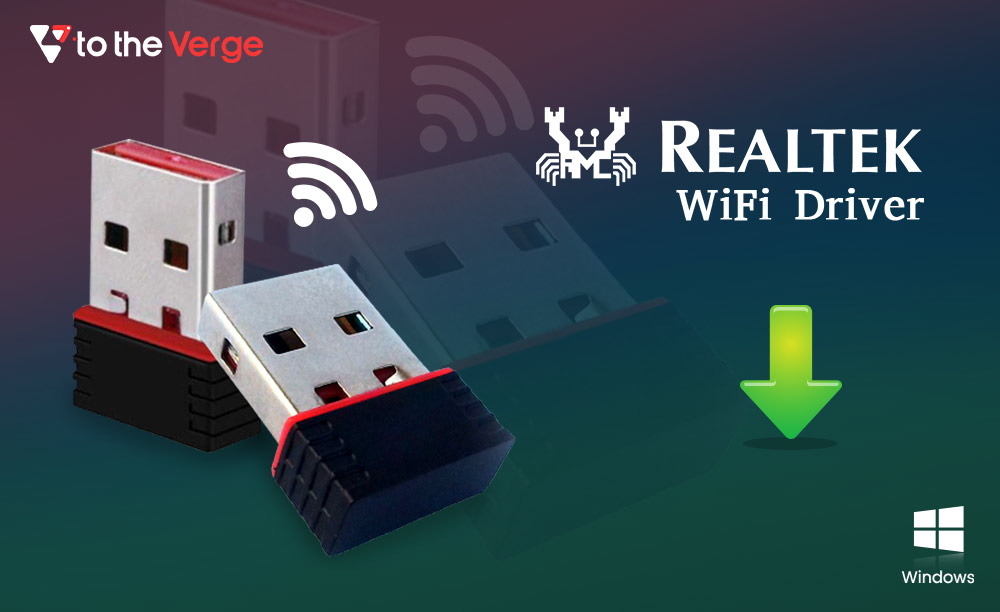Nissan and Toyota, two Asian automakers, enter the metaverse, setting up new virtual offices and programs for the community. Toyota has built a virtual office for its staff, while Nissan has created a virtual showroom. They join Mercedes Benz and Volkswagen, as well as other European automakers.
Nissan intends to use the virtual environment for product launches and other events. It can generate “infinite potential for products and communication that will make driving more convenient, pleasant, and entertaining” with its Invisible-to-Visible augmented reality interface.
Toyota, on the other side, offers virtual workplaces for its employees to participate in more immersive interactions. Employee avatars are featured in the workspace, according to sources, and they may utilize them to engage in business activities and meetings. Toyota’s decision to establish virtual workplaces, according to a Toyota spokesman, was influenced by the Covid-19 outbreak and the resulting limits on human travel.
“As a result of the coronavirus, a greater number of people are working remotely,” the Toyota representative explained.
Customers will be the center of Nissan’s virtual reality rooms. Toyota, on the other hand, will concentrate on remote working settings, constructing offices for its employees to debate technological breakthroughs using their avatars. Both firms take a unique approach to the metaverse.
Nissan and Toyota have not said which Metaverse companies will open their new offices in, thus it will be up to the public to guess whether they will choose a centralized Metaverse like Meta’s or a decentralized one like Decentraland.
Nissan and Toyota aren’t the first car businesses or brands to experiment with this new Metaverse trend. Other firms, including Volkswagen and Mercedes-Benz, began marketing efforts in early April to advertise their Metaverse submissions, with prizes including the newest PS5 and driver training courses at one of Volkswagen’s schools.
Also Read: Virtual Reality: A Detailed Explainer
Our aim is to chase the future, innovations, and the latest trends of all things tech. We love to interact with industry experts, understand their diverse and unique perspectives, and spread their ideas.







![How to Update and Reinstall Keyboard Drivers on Windows 10/11 [A Guide]](https://wpcontent.totheverge.com/totheverge/wp-content/uploads/2023/06/05062841/How-to-Update-and-Re-install-Keyyboard-Drivers-on-Windows-10.jpg)
